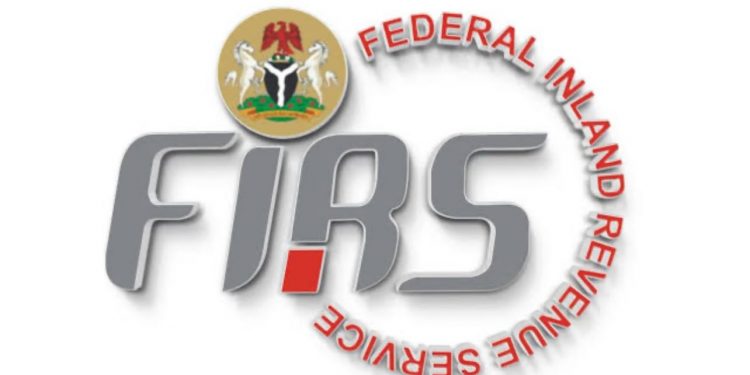Nigeria is set for a major tax reform as the Federal Inland Revenue Service announced that food, education, shared transportation, and agriculture will now be exempt from value-added tax under a new consolidated tax code.
Described as the most significant fiscal transformation since independence, the reforms aim to ease the financial burden on citizens and businesses while improving revenue generation. The new tax laws, which consolidate multiple existing ones into a single code, will take effect in January and reduce the number of tax types to single digits. They also simplify compliance for individuals and companies, introduce relief for small enterprises, and adjust personal income tax thresholds to protect low-income earners. Businesses with an annual turnover below N50 million will now be exempt from tax.
The Executive Chairman of FIRS, Zacch Adedeji, credited President Bola Tinubu for fulfilling his campaign promise to simplify tax compliance and remove barriers for taxpayers. He described the removal of VAT from essential sectors as a game-changer for Nigeria’s fiscal system, saying it will make businesses flourish and reduce the cost of living.
President Tinubu signed four key bills on June 26, 2025 the Nigeria Tax Act, Nigeria Tax Administration Act, Nigeria Revenue Service Establishment Act, and the Joint Revenue Board Establishment Act collectively known as the Tax Acts quartet. These laws aim to broaden the tax base, improve compliance, and enhance transparency across all levels of government.
The reforms are already showing impact. Nigeria’s tax-to-GDP ratio has increased from 10 percent to 13.5 percent in two years, with a target of 18 percent by 2027. In August, the federation account disbursed a record ₦2 trillion, with nearly 70 percent of monthly government allocations now coming from tax revenue. Improved revenue has also enabled 30 states to repay ₦1.85 trillion in debts over the last 18 months, while debt servicing costs have dropped from 90 percent of revenue to about 50 percent.
As part of the changes, FIRS will be renamed the Nigeria Revenue Service to reflect its expanded mandate as the central tax authority for all tiers of government, since 90 percent of VAT revenue goes to the states. Adedeji also attributed the healthier federation account to broader economic decisions like fuel subsidy removal and exchange rate unification.
Although the reforms have caused some short-term hardship, he likened the situation to “the pain of a woman in labour,” assuring that interventions such as compressed natural gas buses and crude-for-naira support for local refiners are already cushioning the effects, with fuel prices beginning to decline.
The new law also introduces a more efficient tax administration system by categorising taxpayers into small, medium, and large groups and creating one-stop shops for filing and payment. Adedeji stressed that the agency now sees itself as a service provider to taxpayers, not just an enforcement body.
He further clarified that a proposed petrol surcharge included in the new tax law will not take effect automatically and would only be implemented through a ministerial order published in the official gazette.
Adedeji urged taxpayers and businesses to embrace the changes, noting that when companies grow and prosper, government revenue grows with them. The reforms, he said, are designed to remove obstacles to business growth and ensure a more stable, transparent, and inclusive tax system, a move that could boost small and medium enterprises, lower operational costs, and strengthen Nigeria’s economic base.










